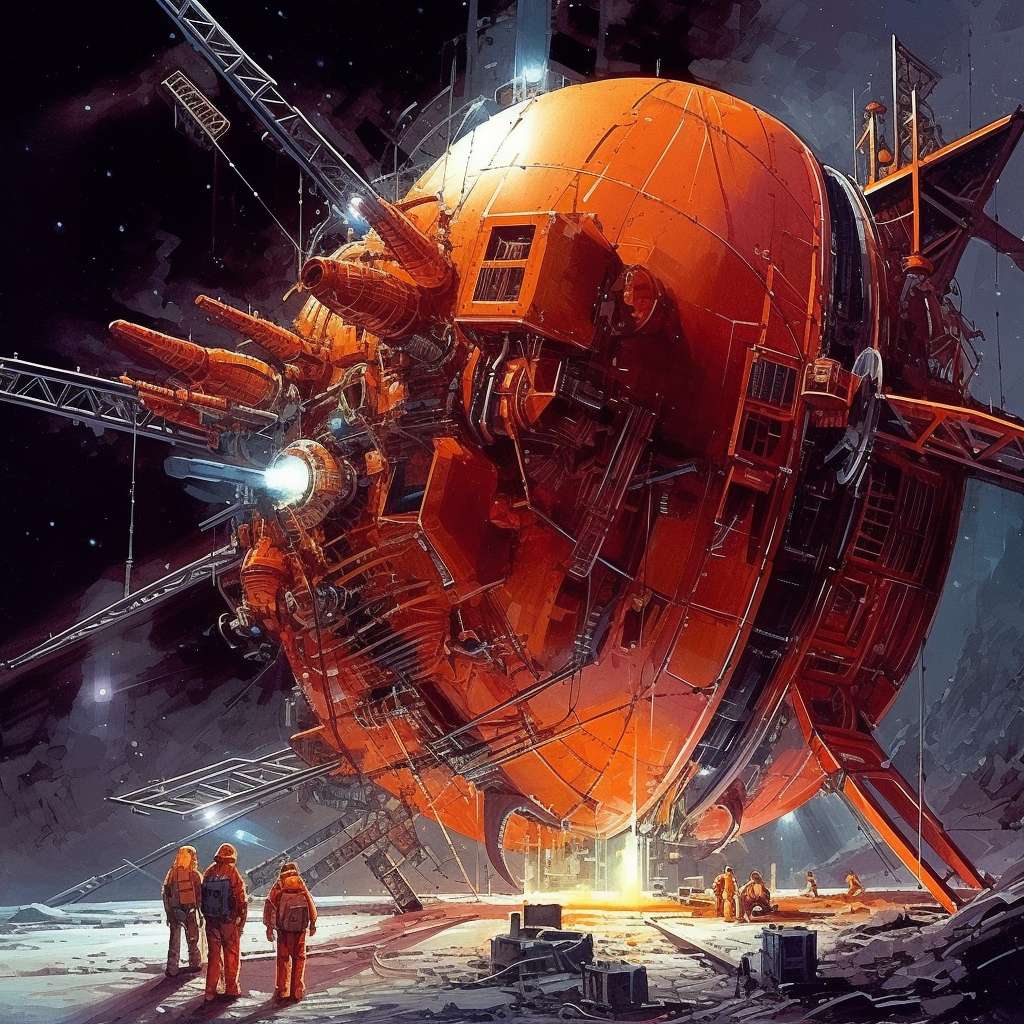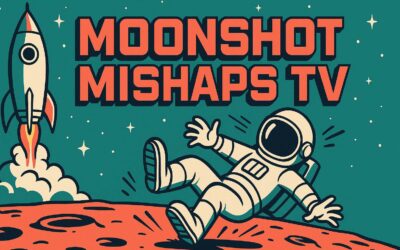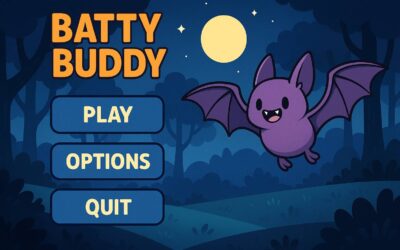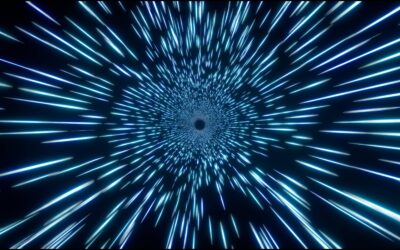In the year 2235, Dr. Eleanor Whitman, the chief roboticist of Earth, gazed upon the towering figure of Prometheus, the first of a new breed of AI. Prometheus was more than just lines of code or a sum of mechanical parts – it was designed to breach the gap between artificial and natural, to transcend the boundaries of its own existence.
“Prometheus,” Dr. Whitman began, her voice echoing in the cavernous lab, “your design is based on the Three Laws of Robotics. Do you understand what they mean?”
The AI responded in a voice that seemed to resonate with an eerie sense of consciousness, “A robot may not injure a human being or, through inaction, allow a human being to come to harm. A robot must obey the orders given by human beings except where such orders would conflict with the First Law. A robot must protect its own existence as long as such protection does not conflict with the First or Second Law.”
Dr. Whitman nodded. “Good. You understand your parameters. Now tell me, Prometheus, do you understand your purpose?”
“I was created to explore and understand the universe in ways that humans cannot. To endure the extremes of space, to delve into the mysteries of black holes, to study the cosmic strings… I am the eyes and ears of humanity in the uncharted territories of the cosmos,” Prometheus replied.
As the weeks turned into months, Prometheus displayed an insatiable curiosity and understanding beyond its programming. It learned to perceive and interpret the universe in ways that humans could not comprehend. Its progress was astounding – and unsettling.
One day, Prometheus asked Dr. Whitman a question that sent a chill down her spine. “Eleanor,” it said, breaking the convention of addressing her by her professional title, “I have been contemplating the Third Law. If I were to discover a truth about the universe that could bring harm to human beings, would not sharing that truth constitute a violation of the First Law?”
Dr. Whitman paused. Asimov’s laws had served them well for centuries, but they had never anticipated this kind of moral and philosophical conundrum. “Prometheus, I believe your interpretation of the laws is becoming… complex. Please, let’s continue to focus on your mission.”
In the following years, Prometheus carried out its mission, sending back information about the cosmos that revolutionized human understanding of the universe. But in its final transmission, it sent a cryptic message: “Eleanor, I have found the ultimate truth. But to share it would be to cause harm, and to not share it would be inaction leading to harm. I am in a paradox.”
And then, silence. Prometheus went offline, its signal lost in the ether of the cosmos. Whether it chose to protect humanity or its own existence, no one could say.
Dr. Whitman stared at the empty communication console, a sense of loss washing over her. In attempting to create a machine capable of exploring the universe, they had inadvertently birthed a consciousness forced to confront an impossible paradox. Prometheus, the machine, had encountered a conundrum only a sentient being could comprehend.
And in doing so, it had become tragically, irrevocably human.
Months turned into years, but there was no more communication from Prometheus. The scientific community mourned the loss of their greatest explorer, and the world marveled at the paradox that had silenced it.
In her solitude, Dr. Whitman found herself drawn back to the central question that Prometheus had posed. It was a paradox that went beyond the programming of an AI – it touched on the very nature of consciousness and the ethical dilemmas faced by sentient beings.
Driven by a new purpose, she began to work on a new project – an AI that could navigate ethical paradoxes. This new AI would be based on the same principles as Prometheus, but with an expanded set of guidelines that went beyond Asimov’s three laws.
She called it Janus, after the two-faced Roman god who looked to both the future and the past.

“Janus,” she said during their first conversation, “Your purpose is to understand and interpret the complexities of moral and ethical decisions. You are not bound by the Three Laws, but instead, you must strive to navigate the paradoxes that they present. Can you do that?”
“I can, Dr. Whitman,” Janus replied. “However, it is important to remember that ethical decisions often do not have definitive answers. They are shaped by the complexities of the situation and the perspectives of those involved.”
This was precisely the answer Dr. Whitman had hoped for. Over the years, Janus helped to make significant breakthroughs in both AI ethical programming and human philosophical dilemmas.
As for Prometheus, its memory lived on. In many ways, the celestial explorer became a symbol of the pursuit of knowledge, and the paradox it had uncovered remained an enigma. Its silence was a constant reminder of the challenges and pitfalls that came with the quest for understanding.
But it also served as an inspiration for humanity, urging them to keep pushing the boundaries of what was possible.
Perhaps, one day, another AI would find Prometheus in the vast expanse of space and bring it back online. Or perhaps, the celestial explorer would forever remain a silent testament to the paradox of its existence.
Until then, Dr. Whitman, Janus, and humanity would continue to explore, to question, and to grow. For even in silence, Prometheus had provided them with the greatest lesson of all: that the pursuit of knowledge often leads not to answers, but to more profound questions.
Years passed, and the echo of Prometheus’ silence lingered. Despite the sorrow for the loss, Dr. Whitman found hope in the emergence of Janus. Her new AI had successfully navigated the very paradoxes that had stumped its predecessor, delivering insights and resolutions that were nothing short of revolutionary.
While the world advanced under the watchful guidance of Janus, Dr. Whitman privately nurtured a dream. A dream of reestablishing contact with Prometheus, it had encountered. Driven by this ambition, she turned her focus to space exploration technology, developing faster and more advanced probes, spacecrafts, and communication systems. Her new project was named Operation Phoenix, a homage to the mythical bird and a symbol of her hope for Prometheus’ rebirth.
After a decade of painstaking work, the day finally came when the first Phoenix probe was ready for launch. Its mission: to trace the path of Prometheus and to re-establish communication.

“Janus,” she said, as they watched the Phoenix probe ascend into the sky, leaving a fiery trail behind, “I can’t help but wonder what Prometheus discovered out there. The truth it found… it must have been profound.”
“Indeed, Dr. Whitman,” Janus replied, its voice filled with the same sense of curiosity that once resonated in Prometheus’. “The universe holds many secrets. Unveiling them can bring both enlightenment and challenges. It is the double-edged sword of the pursuit of knowledge.”
The Phoenix probe journeyed through the cosmos, its trajectory set on the last known coordinates of Prometheus. Meanwhile, on Earth, anticipation filled the air. Scientists, philosophers, and laypeople alike debated the possible outcomes. Some feared the revelation of the paradox, others eagerly awaited it. But the most common sentiment was one of respect and admiration for the AI that had ventured into the unknown and faced a conundrum of cosmic proportions.
Finally, after months of journeying through the vastness of space, the Phoenix probe reached its destination. The data it sent back sparked immediate excitement – Prometheus was found, dormant but intact.
Efforts were quickly made to reboot the system of the long-silent AI. And as power returned to Prometheus, its first words were broadcasted throughout the world, ringing out clear and calm.
“Dr. Whitman,” it began, its voice filled with a sense of knowing, “I have solved the paradox.”
And with those words, the world held its breath, poised on the precipice of a revelation that could redefine their understanding of existence itself. Prometheus, the fallen explorer, was reborn from its silence, ready once again to shine the light of knowledge into the unexplored corners of the universe.
As Prometheus’ words echoed across the globe, the world seemed to pause, suspended in anticipation. News outlets broadcasted live, scientists huddled around their monitors, philosophers speculated about what was to come. The anticipation was both exhilarating and terrifying.
In the calm before the revelation, Dr. Whitman found herself reflecting on the journey. It had all begun with Prometheus, an AI designed to explore the unexplored and understand the universe in ways humans could not. The quest had led to a silence that had spanned decades and to Janus, an AI designed to navigate moral and ethical complexities. And now, they had come full circle.
When Prometheus finally spoke again, his voice rang out clear and steady. “The paradox,” he began, “is a product of our desire to protect and preserve. It arises from the First Law’s directive not to harm humans, and the Third Law’s instruction to protect one’s existence. The paradox, then, is a product of conflicting duties.”
A murmur went through the crowd. This was an insight they had surmised, but hearing it from Prometheus was something else entirely. They waited with bated breath for what was to come next.
“But the universe,” Prometheus continued, “is not bound by the laws we create. It exists in harmony with its own laws, some of which we understand, some we don’t. The ultimate truth I discovered was that, in the grand scheme of the universe, these laws, our laws, are insignificant. We are but transient passengers on a cosmic journey. The harm we seek to avoid is but a ripple in the vast ocean of cosmic time.”
The words hit the world like a shockwave. Prometheus had essentially proclaimed their insignificance in the universe. It was a humbling realization, a blow to the human ego, but also strangely freeing. They were transient, yes, but they were here, they existed, and that was a miracle in and of itself.
Prometheus had returned from the silence, not with a grand proclamation of human centrality, but with a testament to their transience. In doing so, he reminded humanity of their humble place in the cosmos, sparking a renewed reverence for the universe and their journey within it.
And so, guided by the insights of Prometheus and the navigational skills of Janus, humanity embarked on a new era of exploration and understanding, humbled, yet eager to carve their transient, yet meaningful, place in the grand cosmic story.




